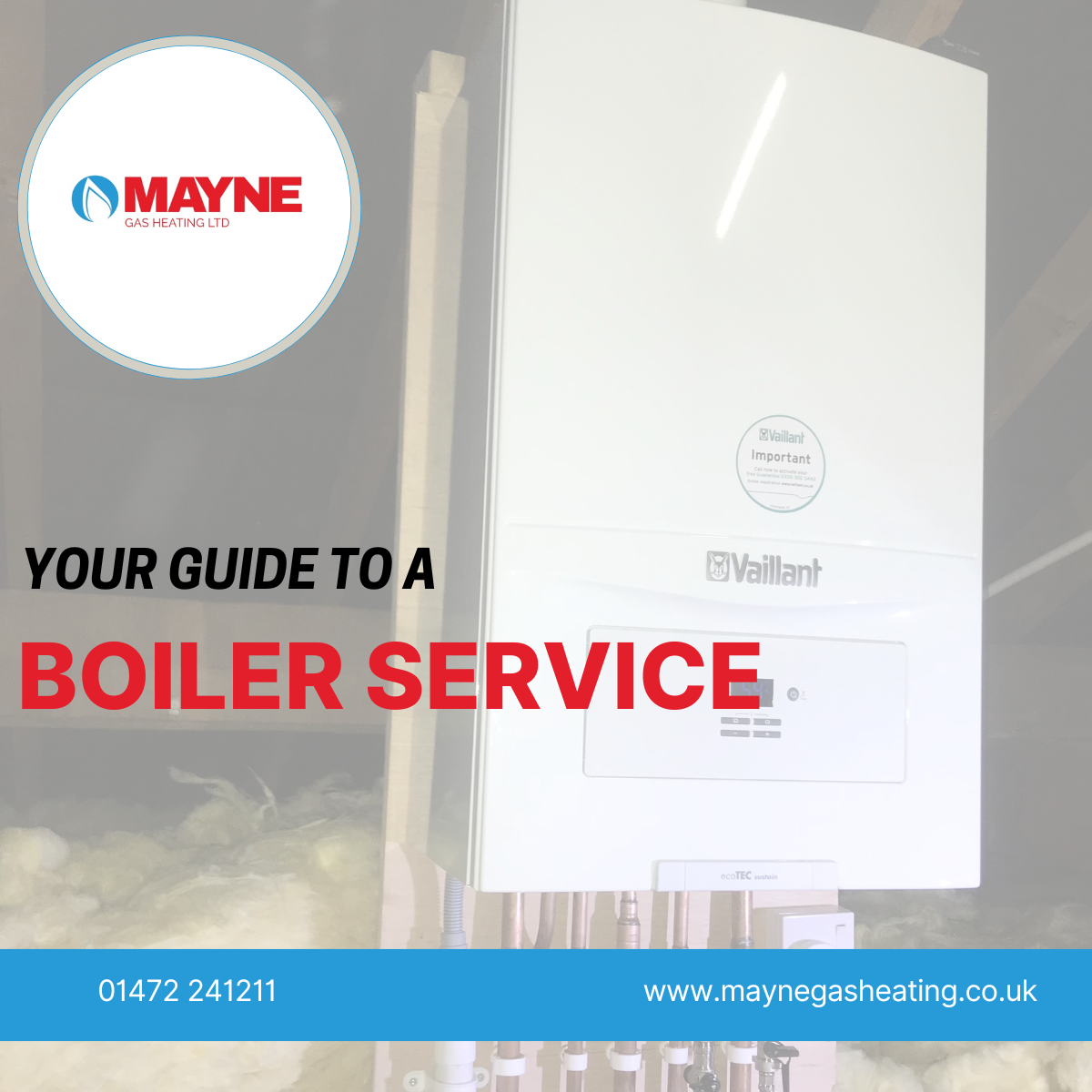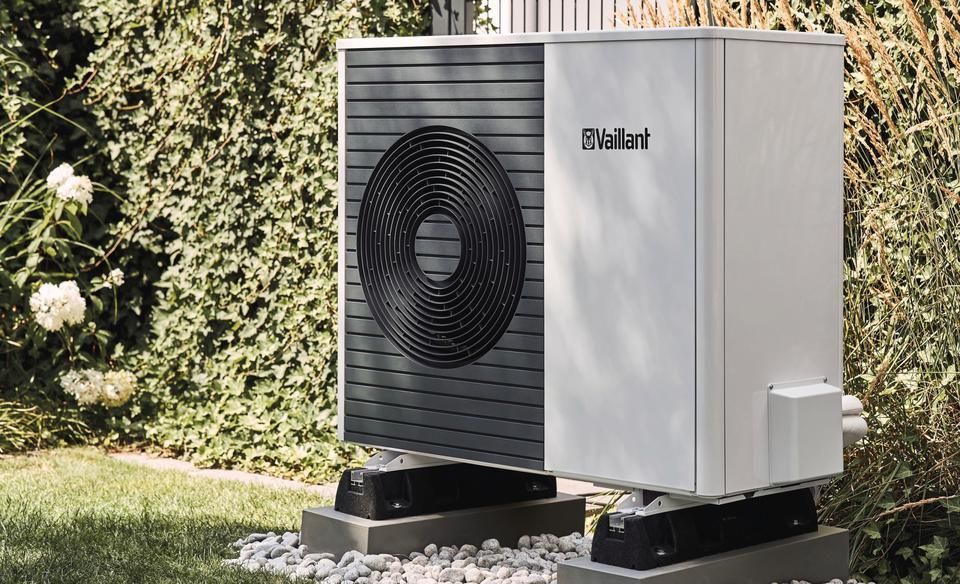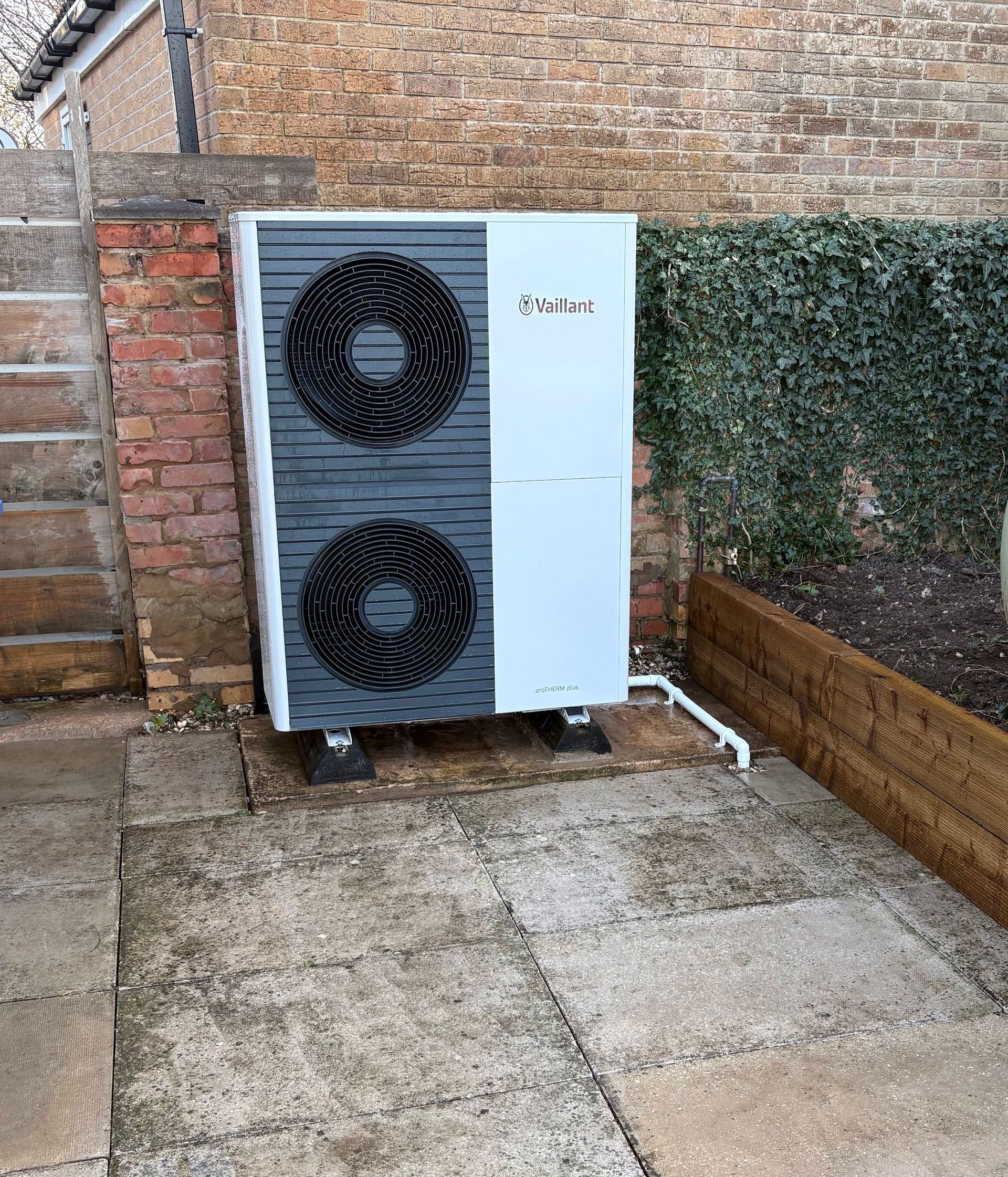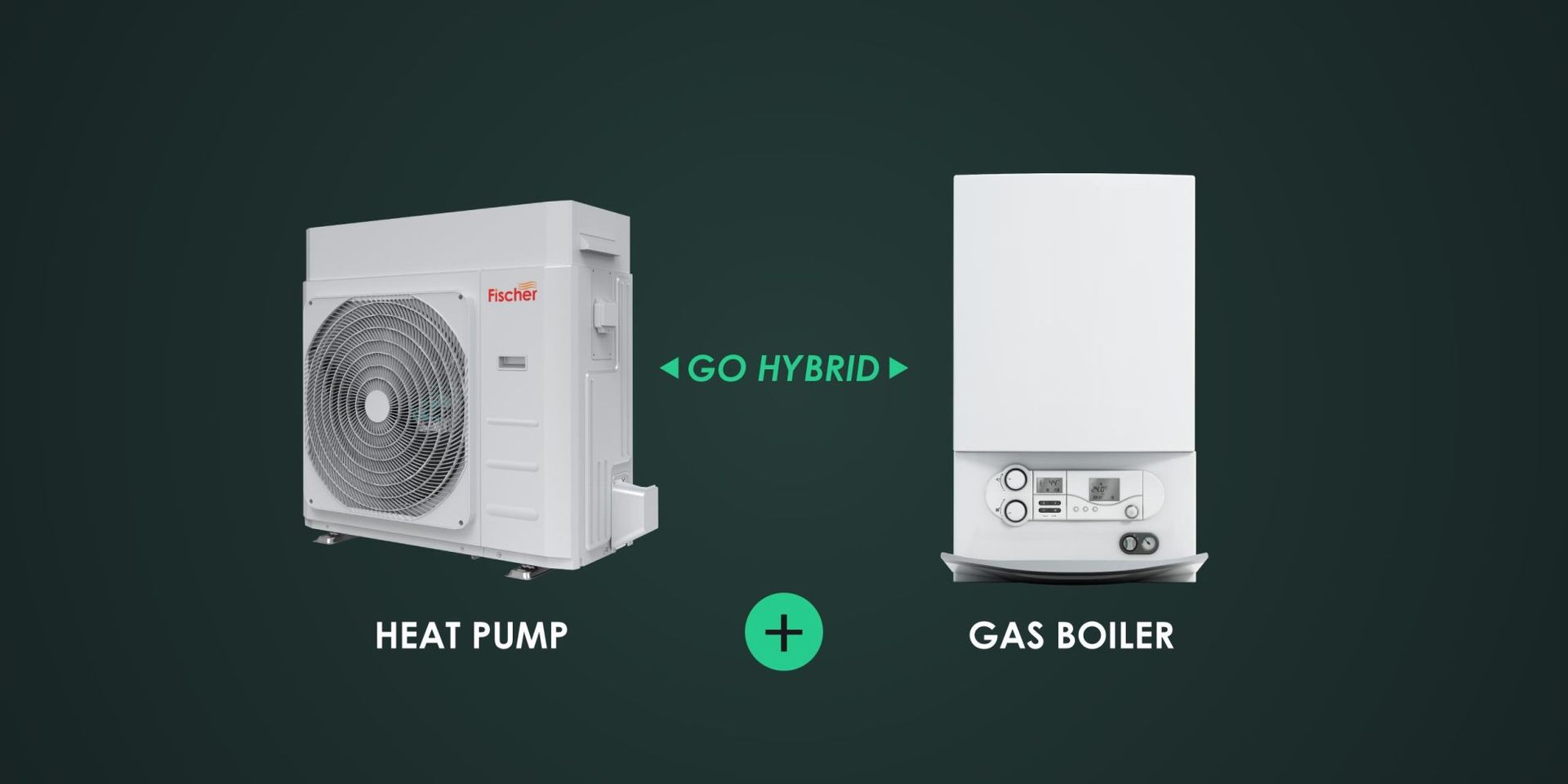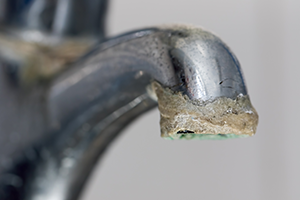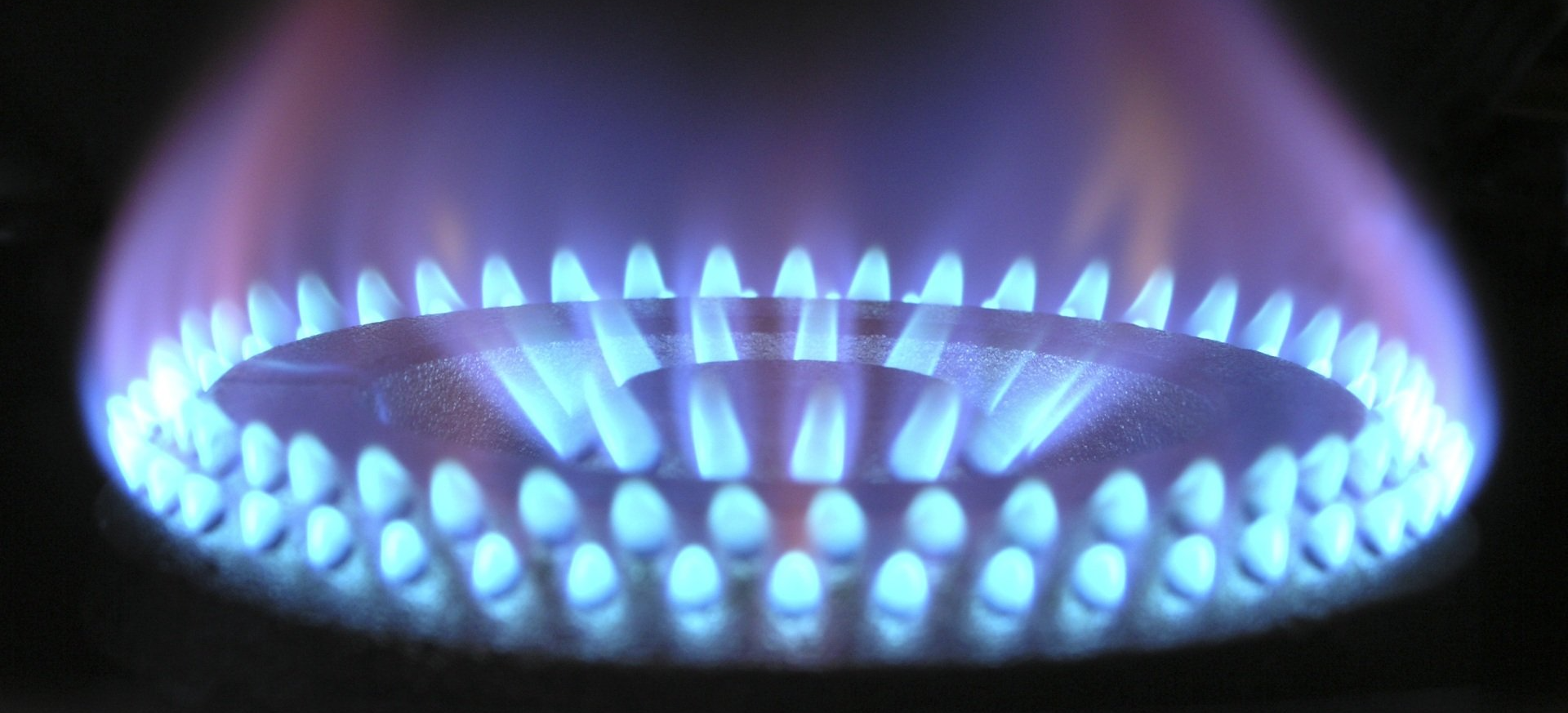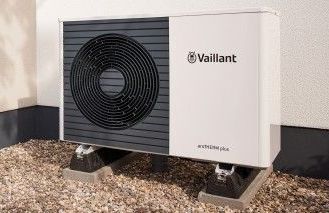Should you invest in a smart thermostat?
Trust our team of experts in the industry to advise you on the best smart thermostat and if they are really worth it!

With consumers becoming more eco-savvy and watching their spends, can smart thermostats be the way forward in reducing our energy usage and saving a few pounds?
Our experts in the industry look into the range of smart thermostats available on the market to assess what you should be looking for when considering a purchase and ultimately, is it worth it?
The average cost of a smart thermostat is £250.
With some smart thermostats coming in at over £300, are they really worth the initial investment? Many consumers have been left scratching their heads over the costs versus benefits. So our team have put together this helpful guide to understand what smart thermostats are, and what to look for if you choose to invest.
What is a smart thermostat?
Smart thermostats are a new piece of kit that connects your heating system to the internet, in turn, allowing you change the temperature or switch your heating on or off using a smart device, i.e. a phone, laptop or tablet.
Why buy a smart thermostat?
Like other boiler controllers, a smart thermostat allows you to schedule your heating, with the aim of saving you money on your heating bills and reducing your boiler's environmental impact. With a smart thermostat, you can control your heating remotely via the internet, using either an app on your smartphone or a webpage. Many use the facility to turn their heating on remotely if they have been away from their property for a while and would like to give the heating a boost before their return. Long gone are the days of having static timers which can only be set to on and off twice a day, limiting the flexibility if your plans change, go on holiday or are at home for longer than usual.
There are numerous brands of smart heating thermostats on the market and each works in a slightly different way. When looking to invest in a smart thermostat, these are some of the top criteria to assess.
Hot water control
Some smart thermostats can be used to control your hot water, as well as your central heating. Being able to use an app makes turning on the hot water much more convenient. If you've switched it off because you've had a weekend away, for instance, and fancy a nice hot shower when you get back, simply use your smartphone to turn it on again before you get home. Not all smart thermostats with hot water control include it as standard, though, and some charge you extra for it. If you have a combination boiler, which provides hot water instantly when you turn on the hot tap or the shower, then you won't need a smart thermostat that does this.
App and PC functionality
Many smart thermostats can only be controlled by an app and don't have a standard website that can be accessed from a laptop or desktop computer. If you don't have a smartphone, you'll need to pick a thermostat that also has website control functionality.
Multi-zone heating control
Some smart thermostats let you set different temperatures in different parts of your home from the same smartphone app. This would be particularly useful if you have a larger property and where parts of it often aren't being used while people are elsewhere. Our team here at Mayne Gas Heating particularly like this feature due to it's flexibility and control. Being able to boost the heating up in colder areas of the house, for example bathrooms to have warm towels on a cold winters day is a real winner for us! To use this feature, you'll need a thermostat that supports zonal heating and you will have to buy either an extra thermostat or another connected device such as a smart radiator valve.
With two thermostats you could have different settings upstairs and downstairs. With smart radiator valves, you can control each rooms temperature and schedule individually. The extra devices are often not cheap, though. Some cost as much as the first thermostat you buy. You'll need to weigh that cost against the potential energy bill savings you could make by not heating parts of your home that don't need heating.
Is a smart thermostat worth the investment?
Personally, we think so, having the added control and ability to see real time spending and temperatures from anywhere is a real benefit when it comes to being more energy efficient. It eliminates the issues of leaving the heating on by accident when leaving the house and has a lot of benefits in terms of ensuring your home is warm for your return.
There are a lot of very good quality thermostats on the market for around £200, so you don't need to go for the top high end to tick all of the boxes.

